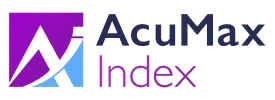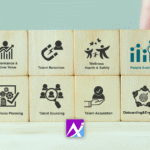Baby boomers, defined as people born between 1946 and 1964, represent a large amount of the world’s population, including about 20% of the US. We have already begun to enter into the common retirement window for boomers, and it will have a great impact on the American workforce. Planning for how your business will handle this transition in the workplace will help your organization be prepared as more and more boomers begin to retire. The retirement of boomers may result in the loss of important experience and expertise. Following these three steps can help your business ensure that it is ready for the upcoming transition of boomers out of the workforce.
- Create a retirement checklist
Create a checklist for your employees to help them navigate retirement. Let them know when you’d prefer to be notified and how they can notify any company retirement savings plans of their impending retirement. Include an expectation of the length of time prior to retirement when you’d like to be notified. Ask the retiring employee to identify whether they need to do any succession planning or transitioning of their work onto other employees. Use this time to document key business knowledge and processes to ensure that nothing falls through the cracks after they leave,
- Offer a transitional retirement plan
Employers currently don’t allow a lot of flexibility when it comes to retirement options, which may not be to their benefit if boomers make up a large portion of their leadership. Allowing for a transitional plan to gradually retire is appealing to many boomers, as they want to be able to continue to work later in life but don’t necessarily want to continue to work fulltime. This kind of transitional plan may allow the employee to gradually work fewer hours over the course of a predetermined amount of time that maximizes the benefit to both the employer and the employee. Retirement doesn’t need to be all or nothing, and a transitional plan will allow you to make sure that your company has all the knowledge and preparations in place for when the employee’s transitional plan is complete.
- Conduct retirement coaching
If you have employees who are nearing 65 have your HR or leaders offer retirement coaching to ask about the employee’s future plans. Having these discussions early can help to avoid any last-minute rush or perceived retirements coming out of nowhere. This coaching is meant to be beneficial for the prospective retiree as well, it helps give them a clear view of their future with the organization and lets them know that the company wants to work with them on figuring out the option that works best for them.





